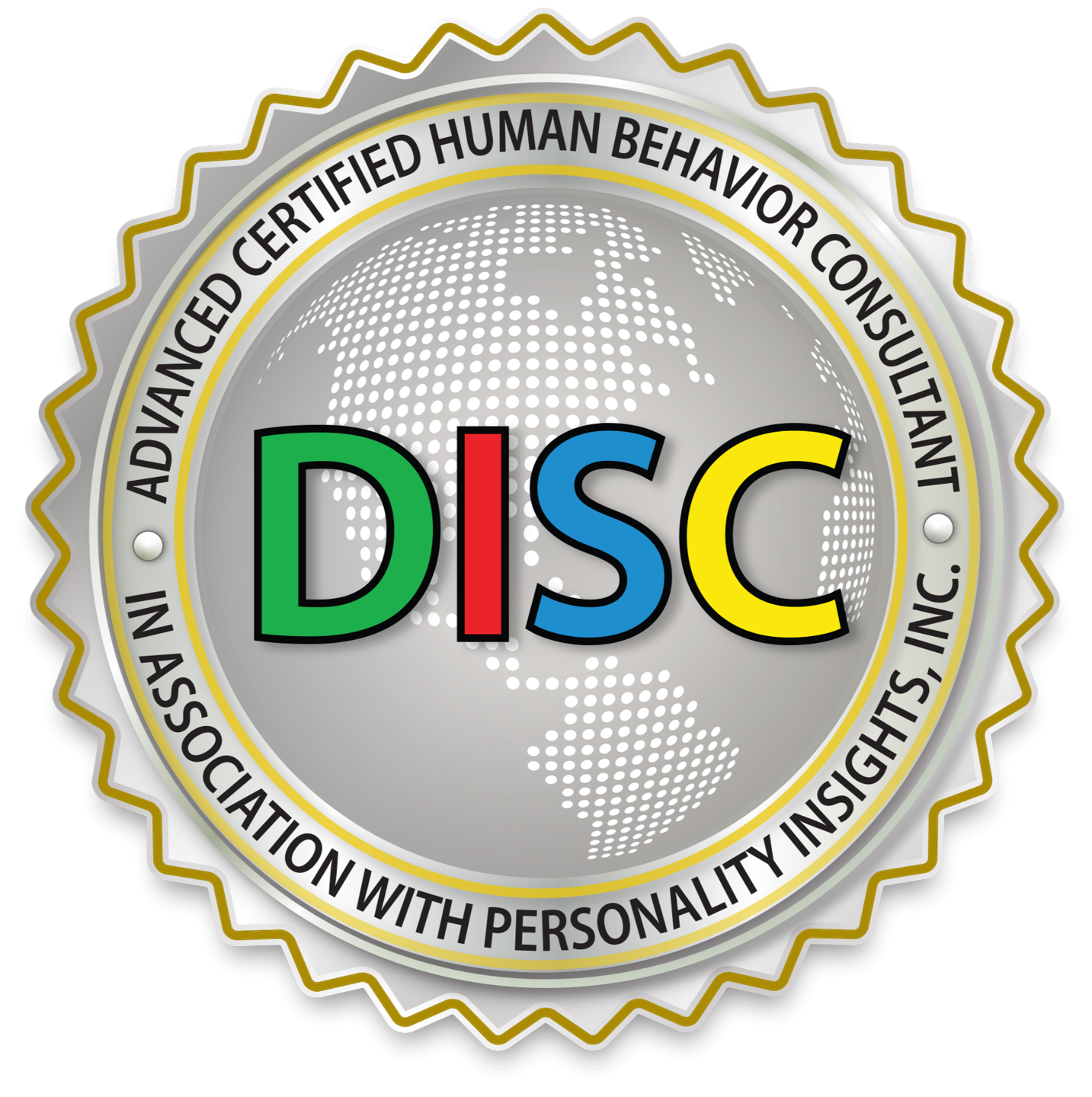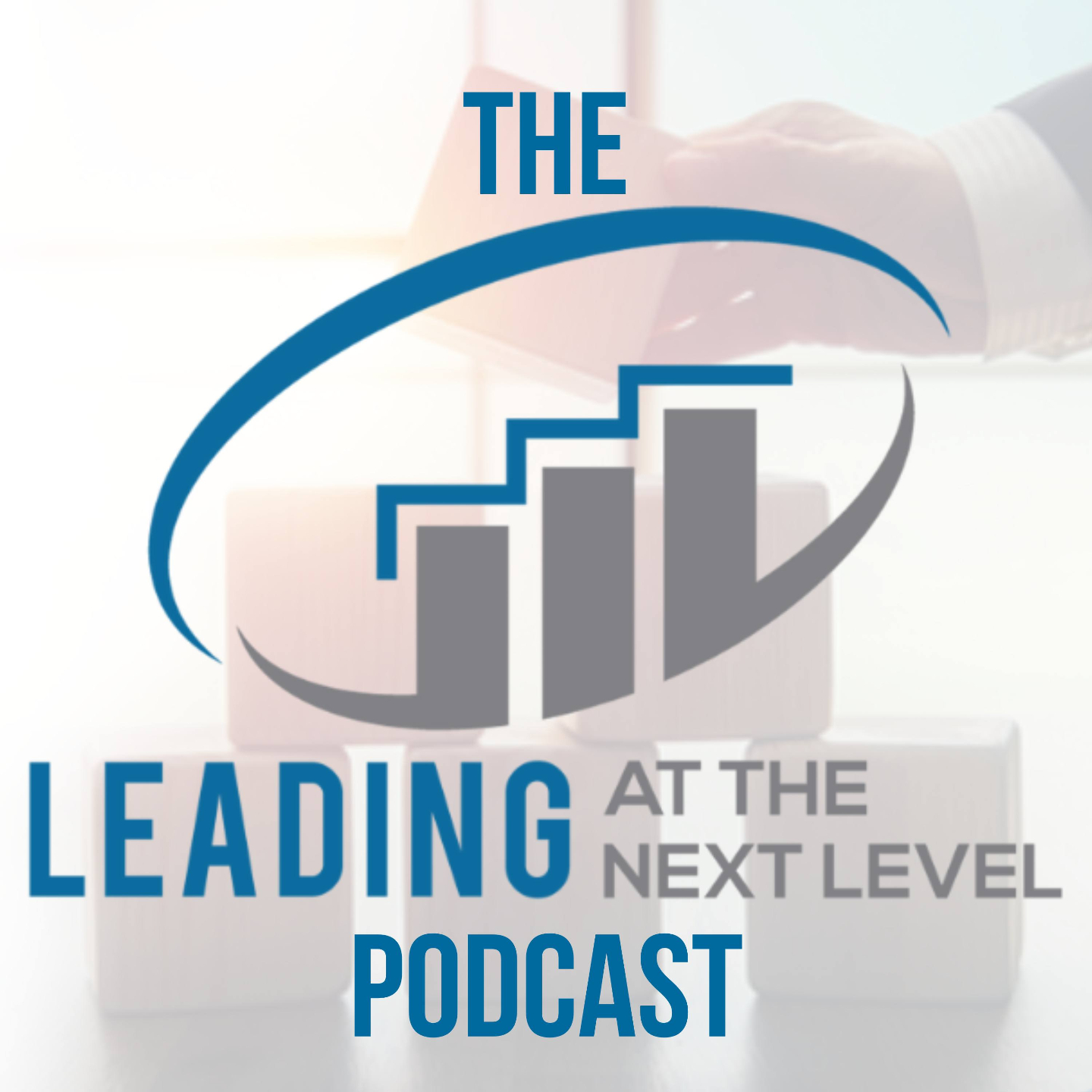The Role of Trust in Candid Conversations
An article from Harvard Business Impact called “Good Leadership? It all starts with trust.” opens by saying, “Trust is one of the most vital forms of capital a leader has today.” The author then defines trust as “a belief in the abilities, integrity, and character of another person.” A Forbes article called “Measuring Trust Using the Leadership Trust Index” places equal importance on trust from the start by sharing, “Trust is becoming more and more central to cultural challenges in organizations." That author goes on to cite research showing that “89% of board leaders consider trust critical to attracting and retaining top talent, while 91% consider it vital in maintaining customer loyalty.”
If you’ve ever worked in an organization where you had lost trust in the person you reported to, I’d bet your time in that role was limited afterward. I’d also guess that the “57% increase in discretionary effort” I frequently reference that was detailed in a separate Harvard Business Review article called “The Things They Do for Love” wasn’t part of the equation. It certainly wouldn’t have been for me, even while doing anything necessary to fulfill my required duties, and I’ve rarely seen anyone else go above and beyond when they lacked trust in the person they were reporting to. If you’re familiar with the science behind the DISC Model of Human Behavior, you know this is even more true for the 35% percent of us who focus primarily on the task at hand over the people who are involved in that task with us.
To fully benefit from the power of feedback, trust is just as crucial. There’s no shortage of people who are willing to provide feedback. If you’re not sure that’s the case, scroll through social media until you find a racy post, which shouldn’t take long, then grab some popcorn for the entertainment that comes from reading through the pissing contests that take place in the comment thread. With no relationship, and definitely no trust in place, an exchange like that may be candid but I can’t imagine it will help shape many decisions.
The sole reason I sought out feedback from mentors like Terry, Rod, and many others was that they had earned my trust - over and over again. Because they had proven that they had my best interests in mind, even when I didn’t necessarily like the feedback they were giving me, those candid conversations did help to shape my decisions. While there may be times where folks are stuck, even temporarily, reporting to someone they don’t trust, and limited options in the marketplace could force us to do business with a supplier we don’t trust (like USPS, DMV, or any other gubermint entity that holds all the cards), I can’t say that I’ve ever sought out feedback from someone I didn’t trust.
While we should always attempt to pull something of value from any feedback we receive, even that “constructive criticism” from the person who we know doesn’t have our best interests at heart, some of the most useful lessons come when we have complete trust in the source. Before we dig into how to turn feedback into actionable growth, I’ll challenge you to create a list of mentors you know you can trust unequivocally to provide you with feedback that will fuel your growth. That list doesn’t need to be long, but we should all be working to develop it constantly…
Turning Feedback into Actionable Growth
More than twenty years ago, I learned what’s proven to be one of the most impactful lessons I’ve ever heard around communication from a friend who was a practicing veterinarian. He explained that he could kill my dog and as long as he told me the right way, I’d bring every other dog I ever owned back to him. He followed that by saying that he could save my dog’s life and cause me to never visit his practice again by telling me the wrong way. Regardless of the role we fill in our organization or the type of business we’re involved in, how we deliver a message matters. If the messages we’re receiving aren’t delivered in the way we need to hear them, the trust we have in the source of those messages will wane. When that’s our boss, it will impact the level of discretionary effort we’re willing to give. If that’s at an establishment where we do business, we’ll probably soon be someone else’s customer. If that’s the feedback someone gives us, when it always comes across as “constructive criticism” and never feels like “alliance feedback,” little trust will ever be built and the odds of actionable growth based on the feedback will be slim (to none).
I recently had a chance to host my friend Chris Robinson as a guest on our Leading At The Next Level podcast. I knew Chris for several years as we were both active on the President’s Advisory Council for Maxwell Leadership. Not long ago, that organization offered him the role of Executive Vice President of Entrepreneurial Solutions, where he oversees their certification process globally, the same process he and I went through more than a decade ago. During our conversation, Chris shared something from his book, From Drift to Drive, that ties directly to turning feedback into actionable growth. He explained his “7 Step Process” for moving From Drift to Drive then and simplified that to just two steps: “Learn a little bit then do a little bit.” He emphasized that while those two steps explained the process quickly, it wasn’t meant to shortcut these seven steps:
- Get clarity on where you want to go or what you want to achieve;
- Gather the information you’ll need;
- Filter that information;
- Seek guidance from people who are where you want to be;
- Build relationships with like-minded people;
- Take action;
- Evaluate the results from your action.
When we’ve been intentional about developing relationships with mentors and peers we can trust in the candid conversations that help shape our most crucial decisions, we have indeed put ourselves in a position to learn a little. That effectively addresses steps 1 through 5. With trust being the foundation for the feedback we’re receiving through those candid conversations, and when that feedback is delivered in a way we can internalize (geared to our individual communication style), taking intentional action to achieve the growth we’re after is a natural part of the process.
As much as this matters in building relationships that provide this level of feedback for us, it’s every bit as important that we work to do the same for the teams we lead. I often hear Mark Cole use the phrase, “Be a river, not a reservoir.” If we’re only focused on developing relationships that help us grow, the results we achieve will be limited to what we’re capable of personally. When we can offer the same kind of mentorship and alliance feedback to those coming on behind us, we can be part of a cascading effect like the river Mark suggests.
The Cascading Effect of Candid Conversations
For more than twenty-five years, I’ve experienced increasingly amazing opportunities by taking advantage of the often untapped power of honest feedback. As I learned to receive that feedback without losing any of the confidence I was working so hard to build, personal and professional growth followed. Recognizing the role trust plays in having candid conversations that help shape better decisions, I’ve worked to be very intentional about building relationships with mentors, peers, and now even clients I can count on for the “alliance feedback” I’ve alluded to several times already.
Not only have I gotten tremendous value from learning the importance of candid conversations, I’ve actively worked at being able to provide others with some of the same benefits. In the final lesson of our Emerging Leader Development course, as we emphasize the importance of reproducing leaders in our organizations, I share how fulfilling it is today to see the career growth many of the team members supporting me in our behavior-based safety process have experienced since. Knowing that I played just a small role in helping them start that process warms my heart. Developing relationships with them that allowed me to offer alliance feedback (although I didn’t know to call it that at the time) required me to earn their trust and to always have their best interests in mind.
I mentioned before that I’m blessed to have no less than a dozen key people in my life that I can count on for the feedback I need to hear, rather than just what I want to hear. That said, I also see it as a responsibility to build relationships wherever and whenever I can so I can have those same kinds of candid conversations with others. Cindy and I have a structured approach for this with business owners and executives in our Strategic Leadership Coaching model , but we do just as much with rising leaders through one-on-one interactions that aren’t tied to a specific business engagement. In many of these cases, we’ve seen the leaders we serve implement the same approach with their team members, allowing those candid conversations to have a cascading effect throughout their organizations. All too often, leaders at all levels struggle with providing feedback to a team member when they see potential for turmoil or hurt feelings. Basing our relationship with them on trust and focusing on growth helps them achieve the progress they’re after, but it also serves as an example they can duplicate as they provide alliance feedback within the teams they lead. Whether it's us with them or them with their team members, relationships rooted in honesty unlock leadership potential.
Without folks like Terry and Rod in my life to provide me with honest feedback and set such an amazing example for what candid conversations should look like, I wouldn’t be where I am today. And without working to provide the same for the people I’ve interacted with since, the impact I can have would be significantly smaller. Before we change gears and look at how we can maximize the return on investment through building strong relationships, I’ll challenge you with these things:
- How can you be more intentional about seeking alliance feedback from trusted mentors and peers?
- How can you be sure to take immediate action on the feedback you receive?
- How can you build relationships with the team members you lead that allow you to have candid conversations to help them grow?



